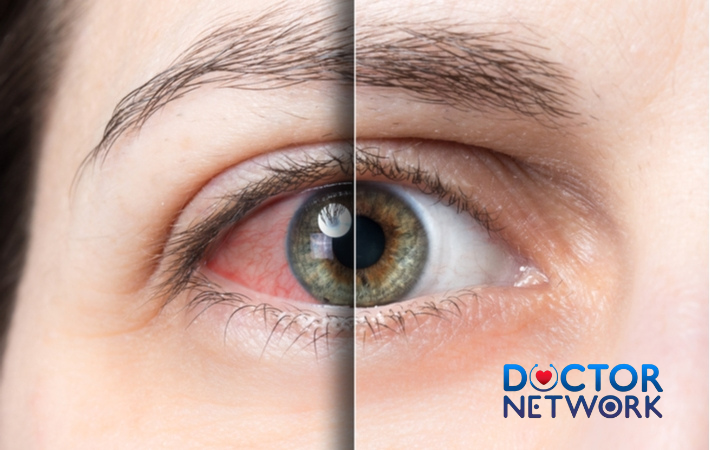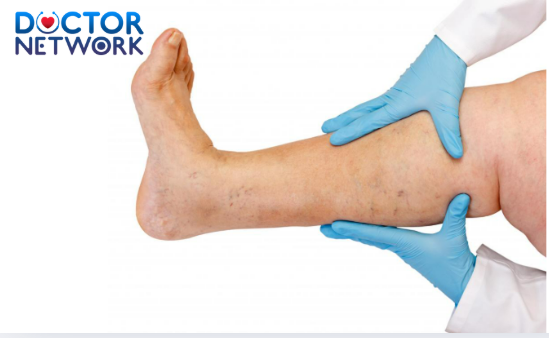Hepatitis B surface antigen (HBsAg) levels are crucial indicators of hepatitis B virus (HBV) infection and liver health. Understanding “what HBsAg level is considered dangerous?” is vital for assessing infection status, disease progression, and treatment efficacy. This comprehensive guide will explore the significance of HBsAg, its four key levels, associated risks, and essential management strategies. We’ll delve into the intricacies of HBV infection, prevention methods, and expert insights to empower you with critical knowledge about this complex health issue.
Understanding HBsAg and Its Importance
What is HBsAg?
HBsAg, or hepatitis B surface antigen, is a protein found on the surface of the hepatitis B virus. This viral marker plays a pivotal role in the diagnosis and monitoring of HBV infection. When present in the bloodstream, HBsAg indicates active hepatitis B infection, whether acute or chronic.
The hepatitis B virus utilizes HBsAg to enter liver cells, initiating the infection process. Once inside, the virus hijacks the cell’s machinery to replicate and produce more viral particles. This continuous cycle of infection and replication can lead to liver inflammation and damage over time.
Why is HBsAg Level Important?
HBsAg levels serve as a powerful prognostic tool in hepatitis B management. These quantitative measurements provide valuable insights into:
- Infection status
- Viral replication rate
- Liver disease progression
- Treatment response
Healthcare professionals use HBsAg levels to guide treatment decisions, assess the risk of complications, and monitor the effectiveness of antiviral therapies. Elevated HBsAg levels often correlate with increased viral load and a higher likelihood of liver damage.
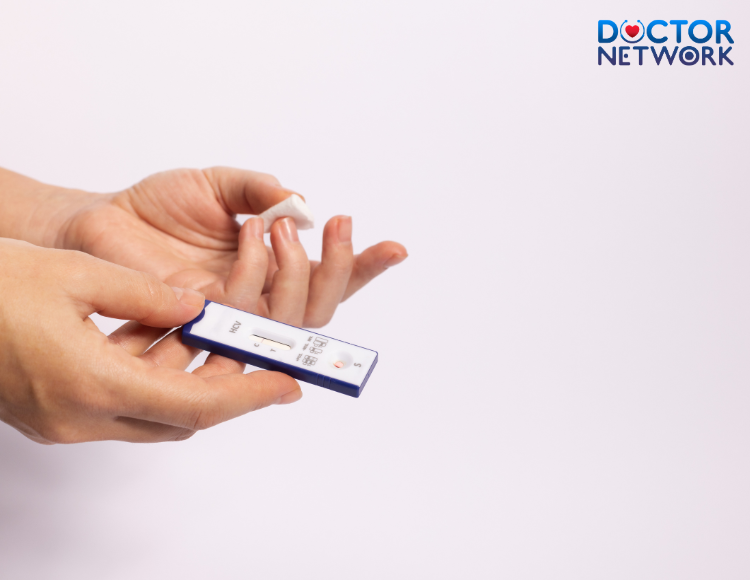
HBsAg testing detects viral infection status
The 4 Levels of HBsAg Index
Understanding the different HBsAg levels is crucial for interpreting test results and assessing hepatitis B infection status. Let’s explore the four key levels of the HBsAg index:
Level 1: Undetectable or Very Low HBsAg (< 10 IU/mL)
An undetectable or very low HBsAg level typically indicates:
- Cleared acute infection
- Successful immune control of chronic infection
- Effective antiviral treatment response
While a low HBsAg level is generally positive, it’s essential to consider other factors such as HBV DNA levels and liver function tests for a comprehensive evaluation.
Level 2: Low to Moderate HBsAg (10-100 IU/mL)
Low to moderate HBsAg levels suggest:
- Ongoing viral replication
- Potential for disease progression
- Need for regular monitoring
Patients with these levels require close follow-up and may benefit from antiviral therapy, depending on other clinical factors.
Level 3: High HBsAg (100-1000 IU/mL)
High HBsAg levels indicate:
- Active viral replication
- Increased risk of liver damage
- Higher likelihood of disease progression
Patients with high HBsAg levels often require antiviral treatment and more frequent monitoring to prevent complications.
Level 4: Very High HBsAg (Over 1000 IU/mL)
Extremely elevated HBsAg levels signify:
- Highly active viral replication
- Significant risk of severe liver complications
- Urgent need for aggressive treatment
Patients with very high HBsAg levels require immediate medical intervention and close supervision to mitigate the risk of cirrhosis and hepatocellular carcinoma.
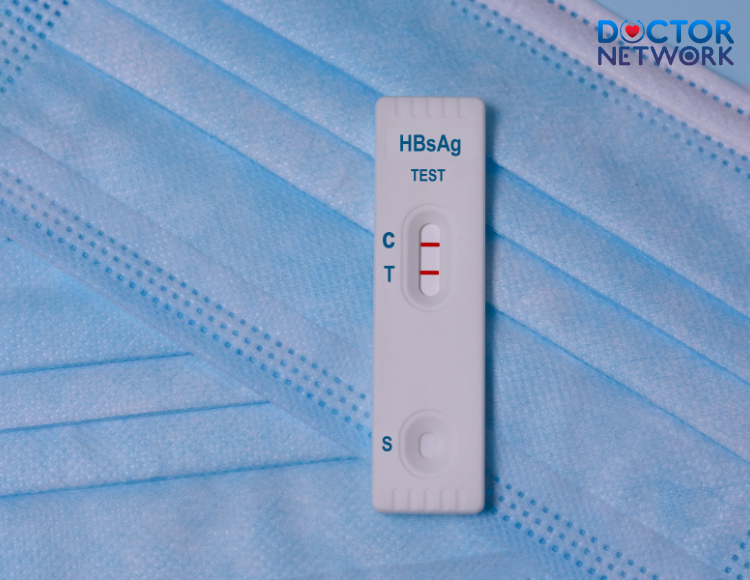
Low HBsAg levels may be a sign that the body is controlling the virus
Understanding the Risks Associated with Elevated HBsAg
Elevated HBsAg levels significantly increase the risk of hepatitis B complications. These potential health issues include:
- Chronic hepatitis B infection
- Liver cirrhosis
- Hepatocellular carcinoma (liver cancer)
- Liver failure
Several factors influence the risk of developing these complications:
- Age at infection onset
- Immune system status
- Lifestyle factors (alcohol consumption, diet)
- Co-existing medical conditions (HIV, hepatitis C)
To effectively monitor and manage HBsAg levels, healthcare providers employ various strategies:
- Regular blood tests to measure HBsAg levels
- Liver function tests to assess liver health
- Antiviral medications to suppress viral replication
- Lifestyle modifications to support liver health
What You Can Do if Your HBsAg Level is Elevated
If you discover that your HBsAg level is elevated, taking prompt action is crucial. Here are essential steps to consider:
- Consult a hepatologist or gastroenterologist
- Undergo comprehensive liver function tests
- Discuss antiviral treatment options
- Implement lifestyle changes to support liver health
- Join support groups for emotional and practical assistance
Remember, early intervention can significantly improve outcomes and quality of life for individuals with hepatitis B.
Prevention of Hepatitis B and Elevated HBsAg Levels
Prevention remains the most effective strategy against hepatitis B infection. Key preventive measures include:
Hepatitis B Vaccination
The hepatitis B vaccine is a safe and effective way to prevent infection. The vaccination schedule typically involves:
- Three doses over 6 months for adults
- A birth dose followed by additional doses for infants
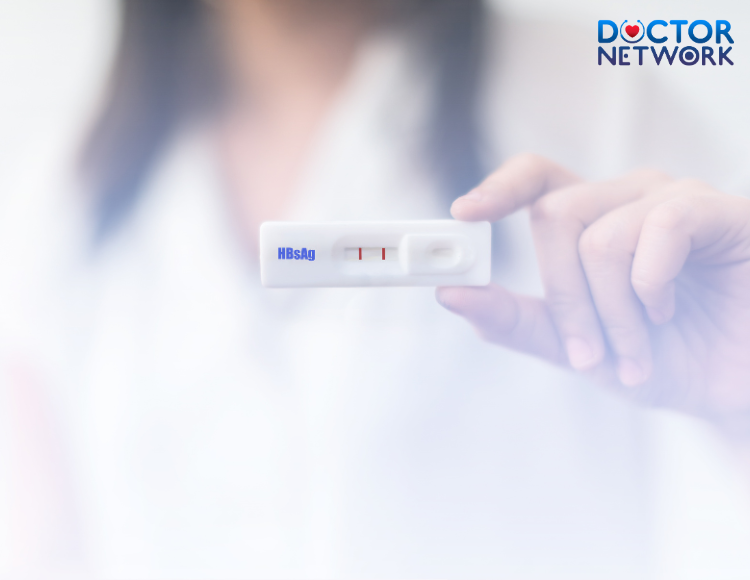
Vaccination creates immunity against the hepatitis B virus.
Safe Practices
Adopting safe practices can significantly reduce the risk of hepatitis B transmission:
- Use barrier methods during sexual activity
- Avoid sharing needles or personal care items
- Practice proper hygiene, especially in healthcare settings
- Get screened for hepatitis B during pregnancy
Frequently Asked Questions (FAQs) about “What HBsAg level is considered dangerous?”
How do I know if I have Hepatitis B?
- Diagnosis requires blood tests to detect HBsAg and other viral markers.
What is the best treatment for Hepatitis B?
- Treatment depends on various factors, but antiviral medications are often prescribed for chronic cases.
Can I get vaccinated against Hepatitis B?
- Yes, a safe and effective vaccine is available for all age groups.
Is Hepatitis B a fatal disease?
- While potentially serious, early detection and proper management can prevent fatal outcomes in most cases.
How does Hepatitis B affect my liver?
- The virus can cause inflammation, scarring, and potential liver failure if left untreated.
Resources for More Information
For additional information and support, consider these reputable resources:
- World Health Organization (WHO)
- Centers for Disease Control and Prevention (CDC)
- Hepatitis B Foundation
- American Liver Foundation
By understanding HBsAg levels and their implications, you can take proactive steps to manage hepatitis B and protect your liver health. Regular monitoring, adherence to treatment plans, and lifestyle modifications are key to maintaining optimal well-being in the face of this challenging virus.
Scientific Researches on “What HBsAg level is considered dangerous?”
- “Quantitative Hepatitis B Surface Antigen and Hepatitis B e Antigen Titers in Predicting Treatment Response to Entecavir” by Shin et al., published in Hepatology (2011).
- “Serum Hepatitis B Surface Antigen Levels Predict Surface Antigen Loss in Hepatitis B e Antigen Seroconverters” by Tseng et al., appearing in Gastroenterology (2011).
- “Serum Hepatitis B Surface Antigen and Hepatitis B e Antigen Titers: Disease Phase Influences Correlation With Viral Load and Intrahepatic Hepatitis B Virus Markers” by Thompson et al., published in Hepatology (2010).
- “Hepatitis B Surface Antigen Serum Levels Help to Distinguish Active From Inactive Hepatitis B Virus Genotype D Carriers” by Brunetto et al., in Gastroenterology (2010).
- “Quantitative Serum HBsAg and HBeAg Are Strong Predictors of Sustained HBeAg Seroconversion to Pegylated Interferon Alfa-2b in HBeAg-Positive Patients” by Sonneveld et al., published in Journal of Hepatology (2013).
References:
https://www.vinmec.com/eng/article/how-much-hbsag-is-normal-en
Kiểm Duyệt Nội Dung
More than 10 years of marketing communications experience in the medical and health field.
Successfully deployed marketing communication activities, content development and social networking channels for hospital partners, clinics, doctors and medical professionals across the country.
More than 6 years of experience in organizing and producing leading prestigious medical programs in Vietnam, in collaboration with Ho Chi Minh City Television (HTV). Typical programs include Nhật Ký Blouse Trắng, Bác Sĩ Nói Gì, Alo Bác Sĩ Nghe, Nhật Ký Hạnh Phúc, Vui Khỏe Cùng Con, Bác Sỹ Mẹ, v.v.
Comprehensive cooperation with hundreds of hospitals and clinics, thousands of doctors and medical experts to join hands in building a medical content and service platform on the Doctor Network application.















